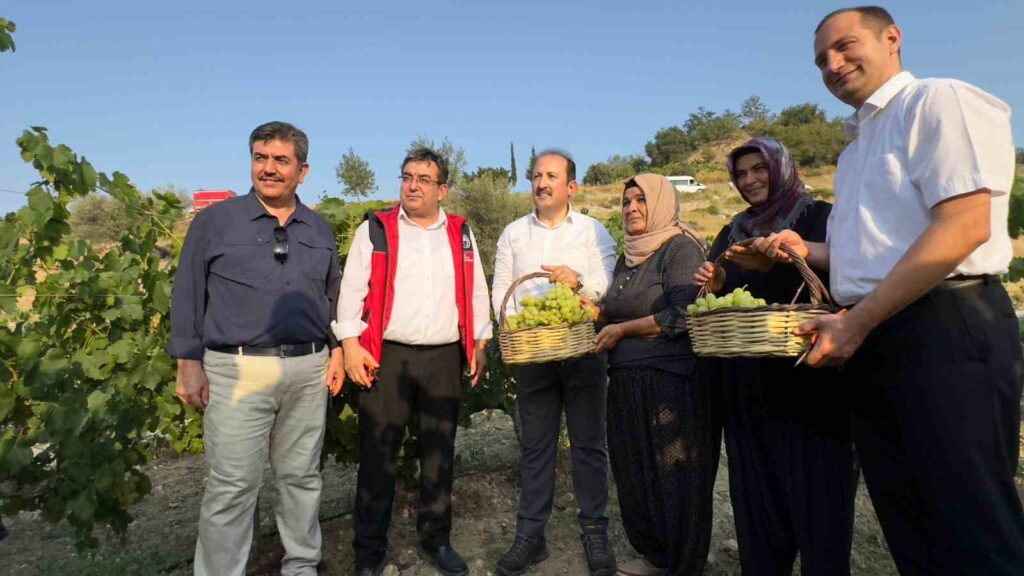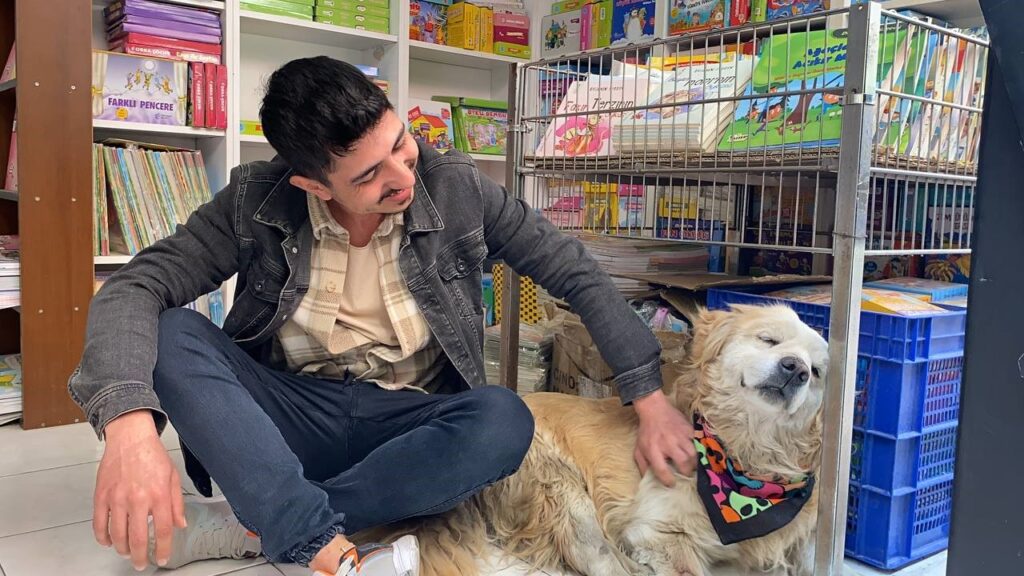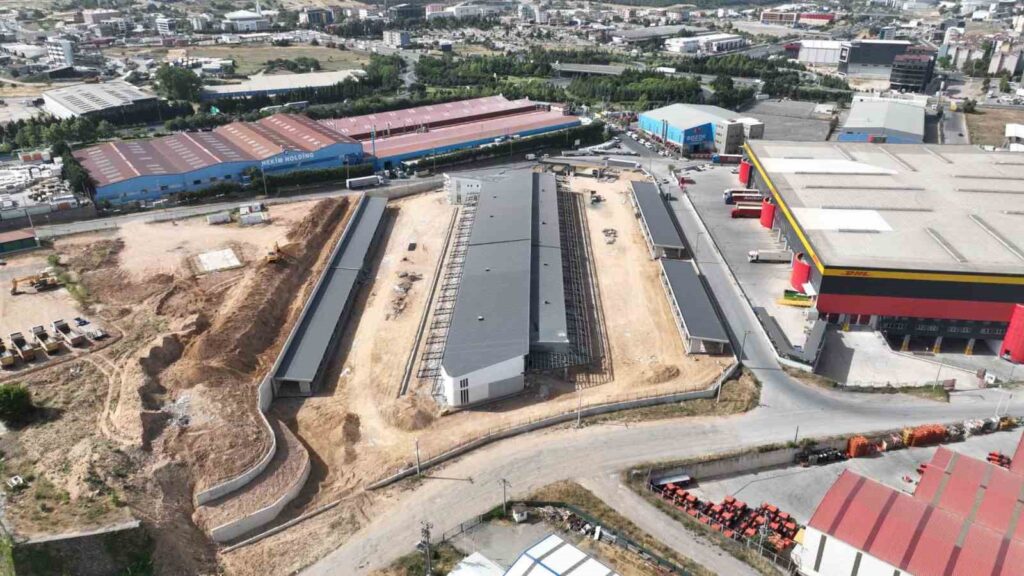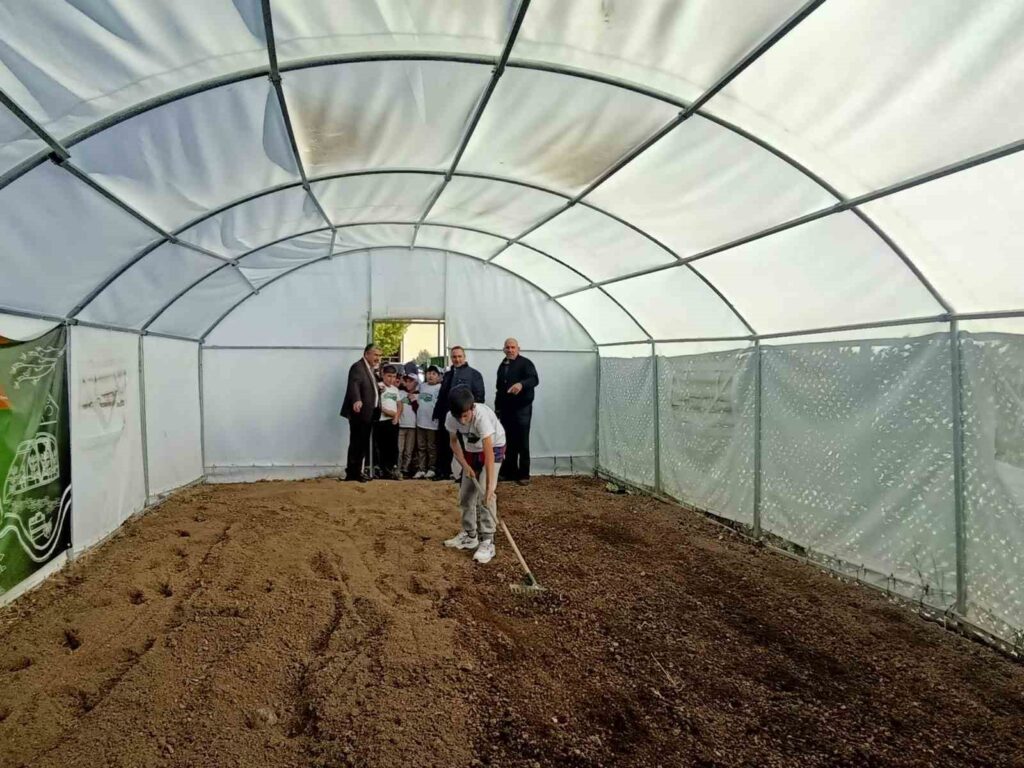Riva Sığırkuyruğu plant has been reintegrated into the life cycle through the Biodiversity Project
Assan Alüminyum, within the scope of its sustainability activities, in the third phase of the ‘Biodiversity Conservation Project’ which has been ongoing for four years with Kocaeli University, aims to protect the endangered endemic plant species ‘Riva Sığırkuyruğu’…
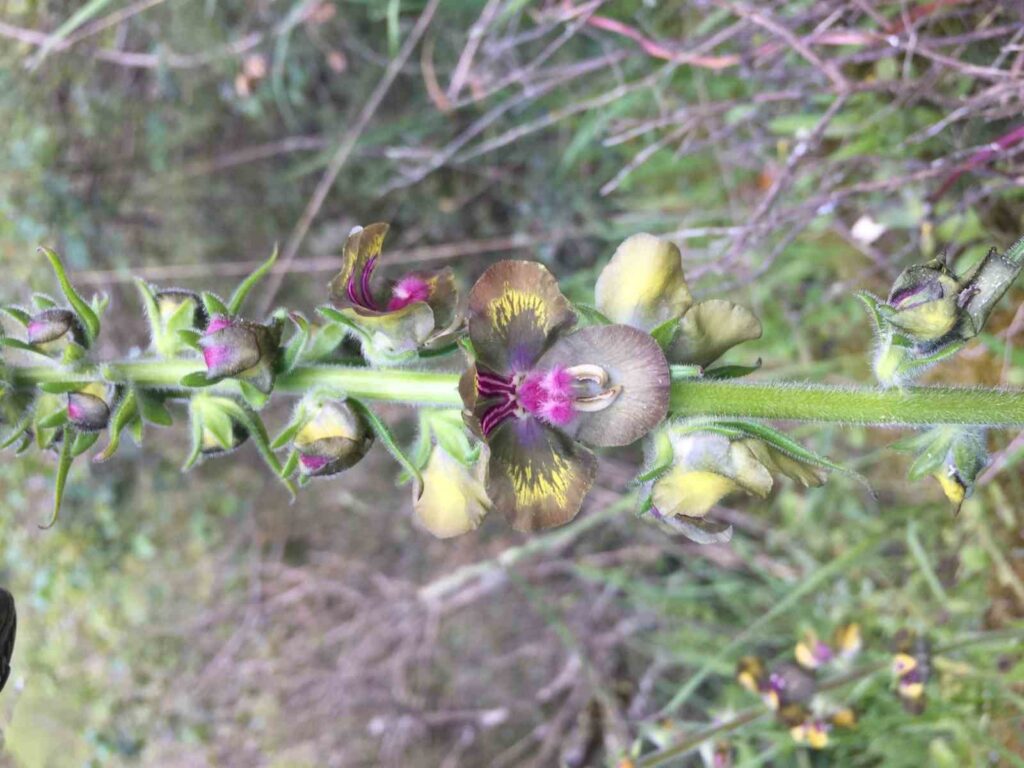
Assan Alüminyum, within the scope of its sustainability activities, has successfully reintroduced the ‘Riva Mullein’ plant species, which is under the threat of extinction, back into its natural life cycle in the third phase of the ‘Biodiversity Conservation Project’ it has been carrying out in collaboration with Kocaeli University for four years.
As one of the leading producers in the flat aluminum sector in Turkey and also one of the largest producers of aluminum foil production capacity in Europe, Assan Alüminyum continues its uninterrupted ‘Biodiversity Conservation Project,’ which it initiated four years ago, with a sense of responsibility towards the world and future generations.
The company, considering biodiversity conservation as one of the most important topics of sustainability, is reintroducing the endemic species, Riva Mullein (Verbascum bugulifolium), which is under the threat of extinction, back into its natural life cycle as part of the project implemented in collaboration with the Department of Biology at Kocaeli University in 2020.
“We have responsibilities towards the world we live in”
Göksal Güngör, the General Manager of Assan Alüminyum, emphasized that their company, which currently manages all activities in line with global sustainability principles, is among the significant global actors in the industry with its products and technologies contributing to the future of the world. He stated, “With the investments we have made in recent years, we are taking steps in line with our sustainability vision. While reducing our carbon footprint every year, we are conducting studies with a sense of social responsibility aimed at biodiversity conservation in line with our approach of ‘Producing without consuming the future.’ Biodiversity is one of the most important subtopics of sustainability. We have been making serious efforts in this field for more than four years and will continue to take responsibility. On this occasion, we also celebrate the World Biodiversity Day on May 22 as a company.”
Güngör noted that through the ‘Biodiversity Conservation Project’ they have initiated to fulfill their responsibilities towards the world and future generations, they will continue to reintroduce endangered species to nature and contribute to environmental sustainability.
As a result of the company’s sustainability activities, Güngör emphasized that they have received the Sustainability Performance Standard Certificate from the Aluminium Stewardship Initiative (ASI), an initiative that sets the sustainability framework for the entire value chain of the global aluminum industry, confirming that both the Tuzla and Dilovası production facilities and the recycling facility operate in accordance with global sustainability principles. Additionally, he mentioned that they obtained a ‘B’ score in the CDP assessment they participated in for the first time in 2023, surpassing the global average and the average of the global metal sector in terms of environmental performance. He also highlighted that they are the first company in Turkey in their sector to report on climate change and environmental performance through CDP.
Three endemic species have been saved so far
According to the statement, in the studies conducted with the Department of Biology at Kocaeli University, the Blue Star (Amsonia orientalis) plant, which is listed by the Council of Europe as a ‘species that must be strictly protected in flora’ and is naturally found only in Turkey and Greece outside the world, was reintroduced into nature in 2020. In the second phase of the project, the ‘Sea Daffodil’ (Pancratium maritimum) plant, which grows in Turkish coastal sand dunes and is added to the ‘Red List of Threatened Species’ by the International Union for Conservation of Nature (IUCN), re-entered the life cycle.
Within the scope of the project, the company, which is the main supporter of the play ‘Sea Daffodils,’ staged at Zorlu PSM last year, expanded the project’s impact. The project, which contributes to sustainability both environmentally and socially, has been awarded in many fields such as sustainability initiative, culture-art, and communication.
In this year’s phase of the project, hundreds of Riva Mullein plants propagated in a laboratory environment were transferred to nature after the appropriate seasonal conditions were met.



